- Sunday, April 28, 2024
The Indian prime minister will be addressing a joint meeting of the two chambers of the US Congress, something no other leader from the country has done before.
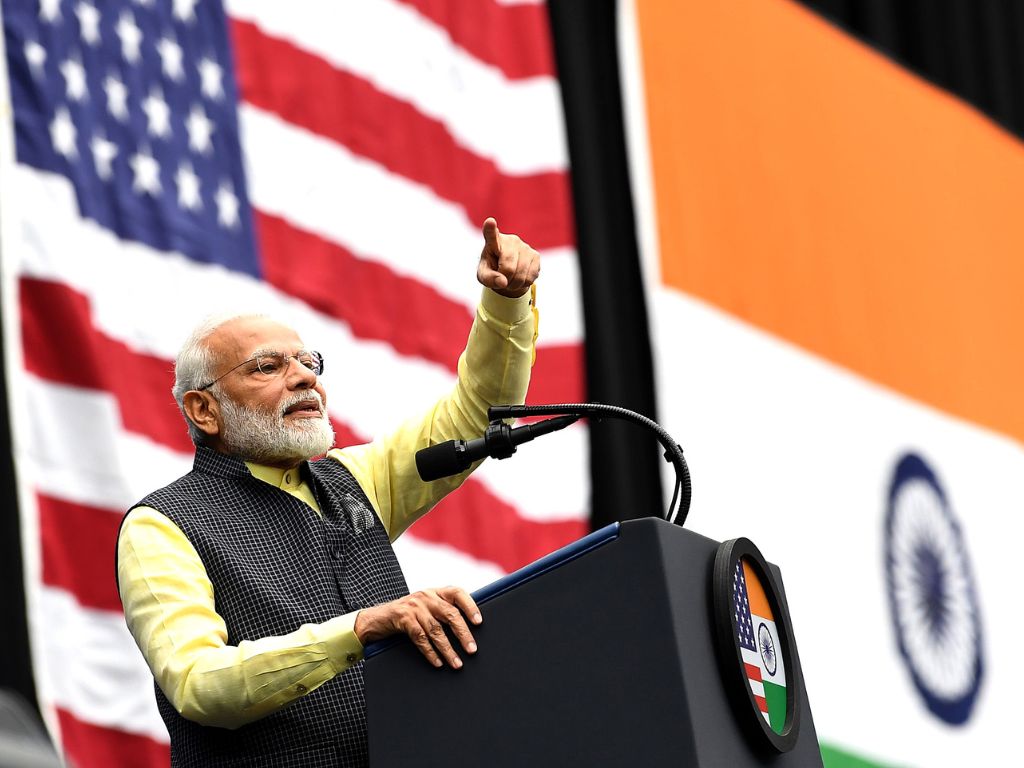
By: Shubham Ghosh
Indian prime minister Narendra Modi will visit the US for an official state visit between June 21-24, his first since taking over the office in 2014. He will be hosted by president Joe Biden and first lady Jill Biden over a dinner at the White House on June 22.
Both the democracies are eagerly looking forward to the upcoming visit — which will be Modi’s eighth overall to the US in the last nine years. New Delhi and Washington have engaged across sectors and at various leadership levels and their deepening ties irrespective of the party in power in either of the two capitals has made relevant how serious the two nations take their bilateral relations in the 21st century.
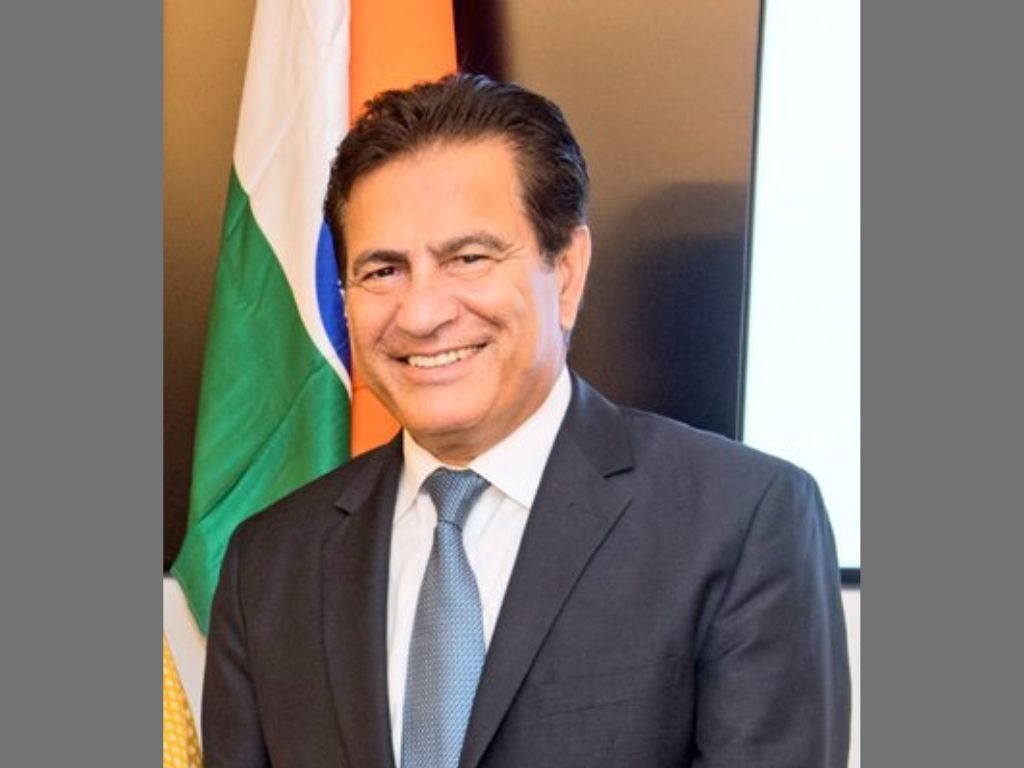
Modi has also been invited by the leaders of the US Congress to address a joint meeting of the House of Representatives and Senate on June 22, one of the highest honours that the US accords to foreign dignitaries. What makes this invitation special is that the Indian prime minister would become the first Indian leader to address the joint meeting twice, a feat which leaders such as Sir Winston Churchill, Nelson Mandela and a few others have achieved.
India Weekly took this opportunity to speak with Dr Mukesh Aghi, president and CEO of US India Strategic Partnership Forum (USISPF), which aims at creating a strong strategic partnership between the two democracies, about the upcoming visit by Modi to the US and the significance it has.
When asked whether India’s ties with the US have seen a special transformation under Modi or were they something that grew organically even before he became the prime minister, Dr Aghi said while the partnership is bipartisan in both nations, it has touched greater heights under Modi.
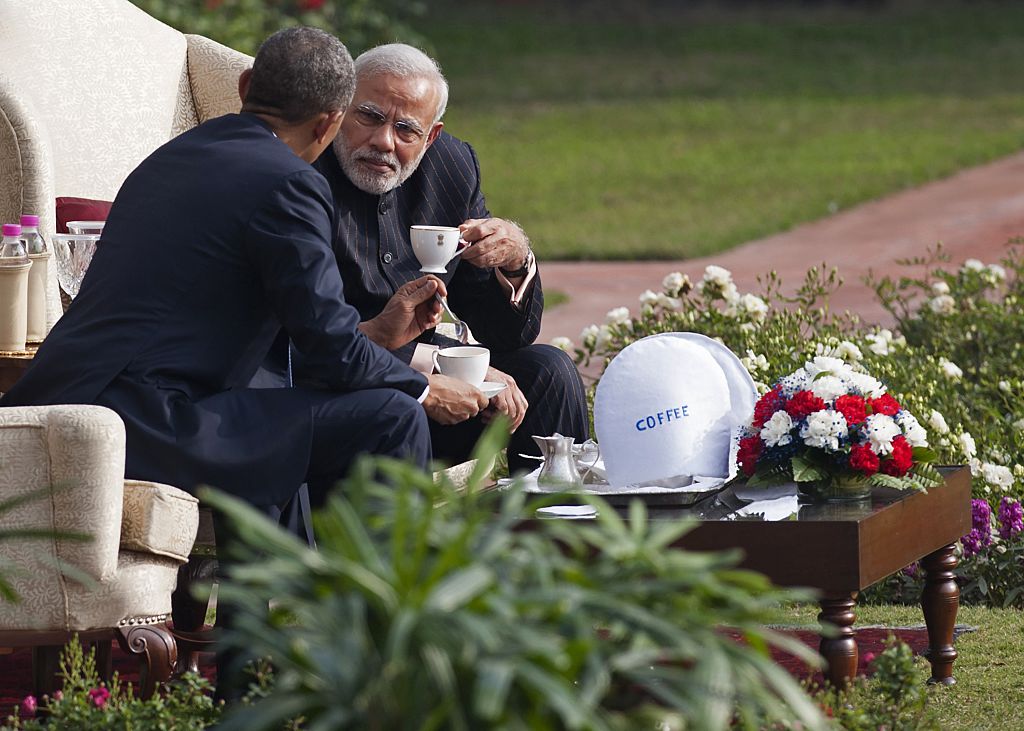
“The US-India partnership is the most defining partnership of the 21st century and yes, it is truly a bipartisan partnership across both parties in the US and all major political parties in India. However, under prime minister Modi, the relationship between Washington and New Delhi has grown to even greater heights, as both sides have grown closer in defense, critical, and emerging tech, increased their trade relationship and security of a free and open Indo-Pacific. Under PM Modi, we have certainly seen an elevation in this strategic partnership to its strongest yet,” he said.
The current year has also seen Modi having frequent meetings with Biden. The two leaders recently met in Hiroshima in Japan during the G7 summit where they also had talks related to the Quadrilateral Security Dialogue (Quad). Biden cancelled his visit to Australia due to some domestic factors or he would have met Modi once more. After Modi’s visit to the US, Biden is also due to visit India for the G20 summit in September.
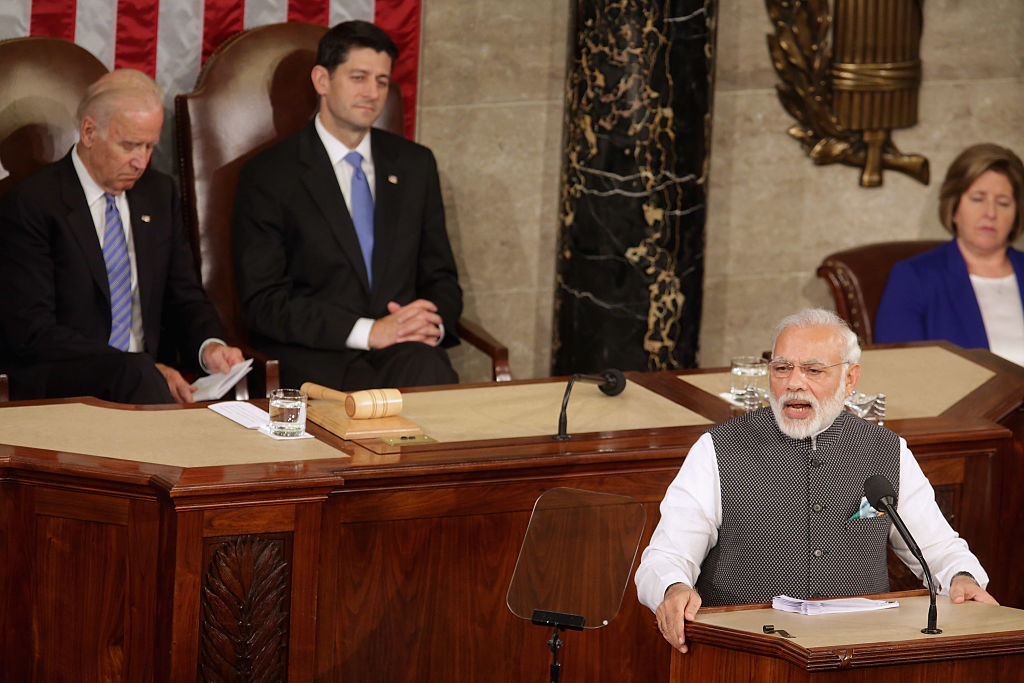
When India Weekly asked the USISPF president about the frequent engagements at the top level and how much significant he thinks about Modi’s upcoming visit to Washington, he said, “This is historic since this is the first state visit by an Indian prime minister in over a decade (the last state visit by an Indian PM to the US happened in 2009 when Manmohan Singh was in office).
“This is the third state visit hosted by president Biden after he hosted leaders of France and South Korea. The state visit not only signifies the importance of the strategic partnership between Washington and New Delhi, but it sends a message that the world’s two largest democracies are best equipped to solve the critical problems of the 21st century from climate to healthcare to supply chains and working towards securing a free and open Indo-Pacific.”
Historically, India and the US were not always close. During the Cold War era, India was more tilted towards the erstwhile Soviet Union while its adversaries such as Pakistan and China had closer ties with Washington. From those days, the ties between India and the US have seen a complete transformation.
Did the economic factor and the post-9/11 reality in global politics played a key role in bringing a paradigm shift in their relations?
Dr Aghi said, “As India opened its economy post-1991, it showed American multinationals that there was a market of nearly a billion people (around 1991) and a large consumer base for American companies.
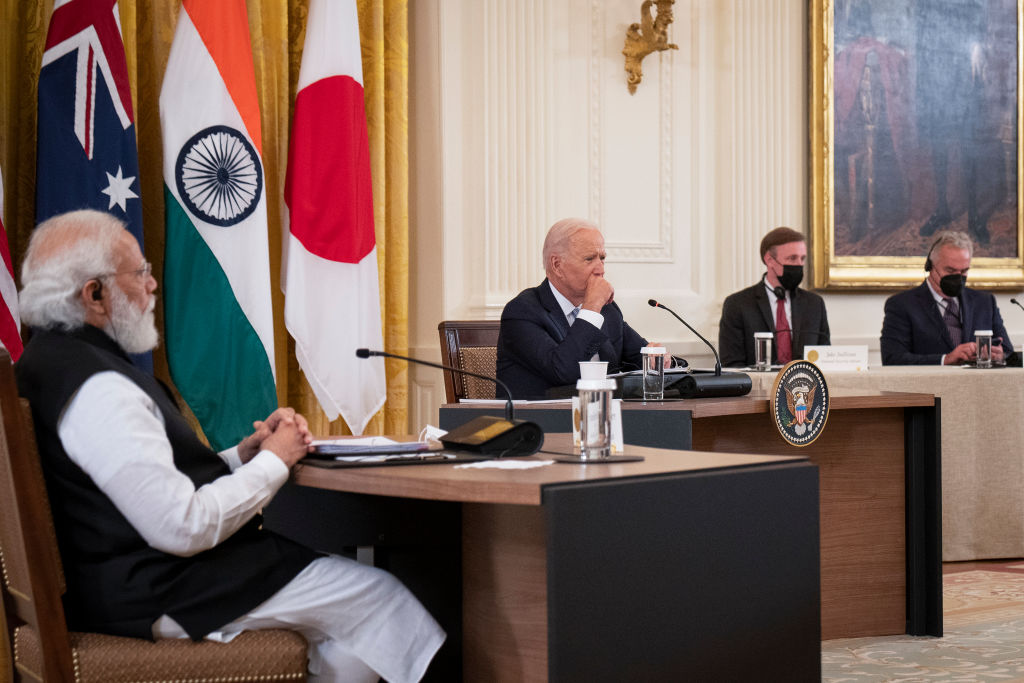
“As the economy moved away from the License Raj era, what this showed us was that the US and India had an economic synergy that would set the path for the 21st century. A strong India meant the relationship moved from aid to trade and the post-9/11 era showed that Washington and New Delhi were united in the war on terror, and a few years after 9/11, a seminal civil nuclear deal moved the needle on the defense relationship.”
Strategically, too, India and the US have come closer than ever before. In his nine years since becoming the prime minister, Modi has brought a special focus on New Delhi’s foreign policy and particularly the US. When India Weekly wanted to know Dr Aghi’s take on China and Pacific pivot as a common factor that has glued the interests of India and the US, he said, “The priority that democracies such as the Quad countries give the Indo-Pacific is a good indicator of Beijing’s strategic heft in the region and Beijing’s effort to have a hegemonic influence.”
According to the USISPF president, while Modi has worked on commercial ties with China both as a chief minister (of Gujarat between 2001 and 2014) and prime minister, the events in the Galwan Valley in 2020 when troops of the two nuclear-powered neighbours clashed disrupted the ties and Beijing’s belligerence in South China Sea shows that it is up to the Quad countries to help presence a free and open Indo-Pacific.
India Weekly also spoke on the economic relations between India and the US and the various engagements between them and the possibilities that emerge. The Air India-Boeing deal of late has generated much excitement on both sides. Apple chief Tim Cook was recently in India to open two retail outlets in Mumbai and Delhi and speculation is rife over Tesla setting up a plant in the South Asian nation, which is one of the fastest developing economies in the world.
Did Dr Aghi see this relationship unfurling more in both short and long run and whether he believed that India can emerge as a strong alternative to China when it comes to catering to America’s business needs?
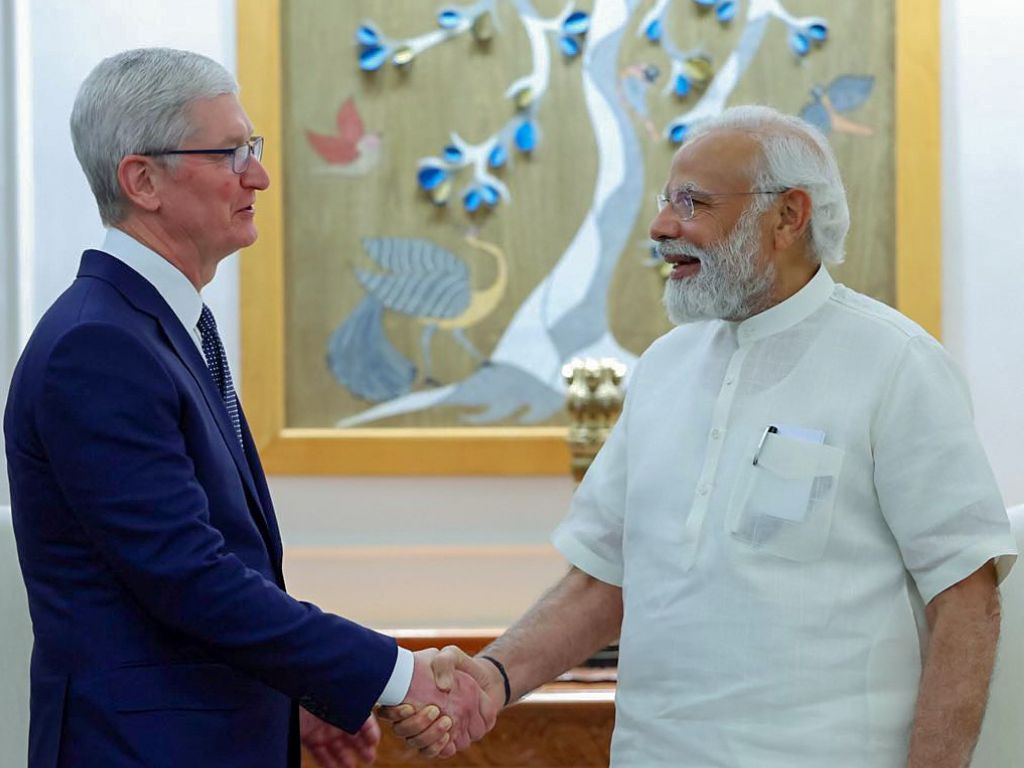
Praising the Modi government for having worked to improve the business environment, Dr Aghi, who has been the president of US-India Business Council, said, “You have cited recent examples of the Air India-Boeing deal, and Apple opening its first retail store in India. One aspect of this is the manufacturing economy, as it sends a signal to American high-tech multinationals to come and ‘Make in India’.
“India is working to build its manufacturing economy, especially for cutting-edge tech products, and with India’s increasing population, it’s manufacturing as a process can create large-scale jobs. Apple’s retail store in the country is significant for a few reasons. It speaks of supply chain resilience, diversifying supply chains away from China as companies in boardrooms look at a China-plus-one strategy.
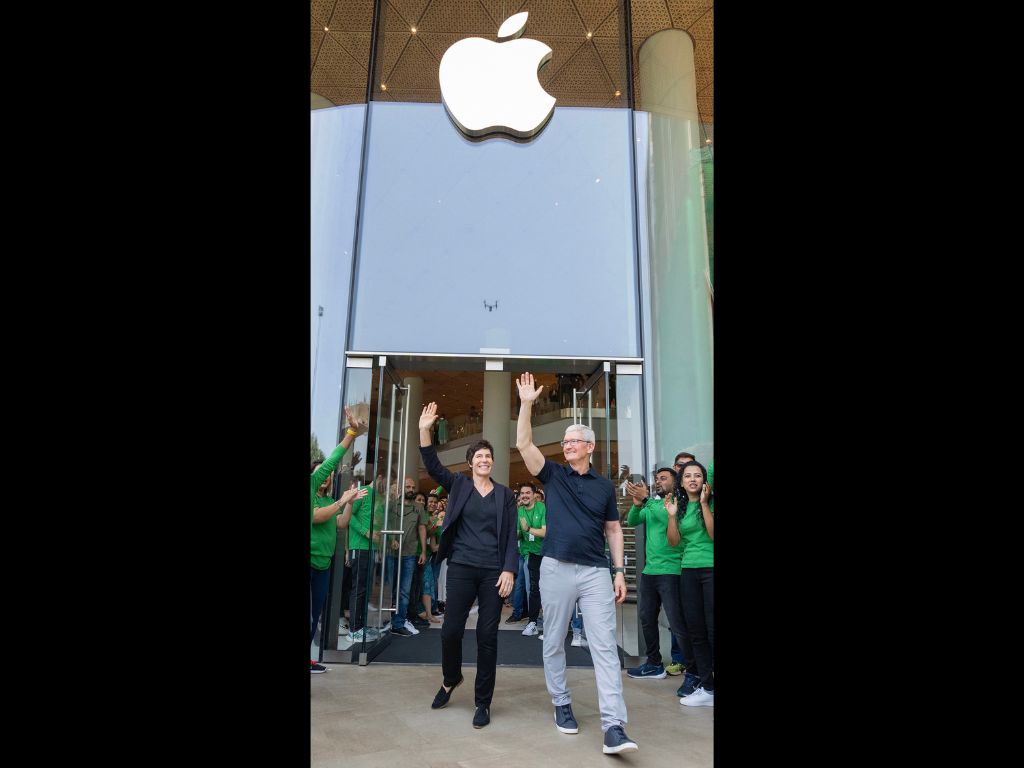
“As I said before, Apple’s decision to open a retail store in India will pave the way for other multinationals, particularly in the tech sector. Apple epitomises quality, stylish design, efficient electronics, and supply chain accuracy. This sends a resounding endorsement of India’s ability to produce a stellar supply chain report card.”
Did he think that India needs to bring in more reforms in its economy for the western companies to grow their bases there and what areas did he feel that New Delhi needs to work on to facilitate its business ties with the west?
To this, Dr Aghi said the focus must be on a multi-pronged strategy.
“One is to constantly work to improve the business environment. Investors see a politically stable and economically strong country, which is a huge plus in the emerging market world, but the business environment can be improved by faster processes to set up businesses, reducing bureaucratic loopholes, and simplifying the tax code. The PLI schemes and Make in India initiatives are positive drivers to woo manufacturers to come to Make in India, as companies are looking to diversify their supply chains and tap into an abundant labor pool,” he told India Weekly.
While India and the US enjoy a relationship which is peaking across various sectors, the two democracies are also set to go to national elections in 2024.
When India Weekly asked Dr Aghi whether the results in those polls could affect the momentum in their relations even though Modi has already worked with three different American presidents from either of the country’s two major parties, he said the ties between the two nations have only become stronger in the last three decades irrespective of the political colour.
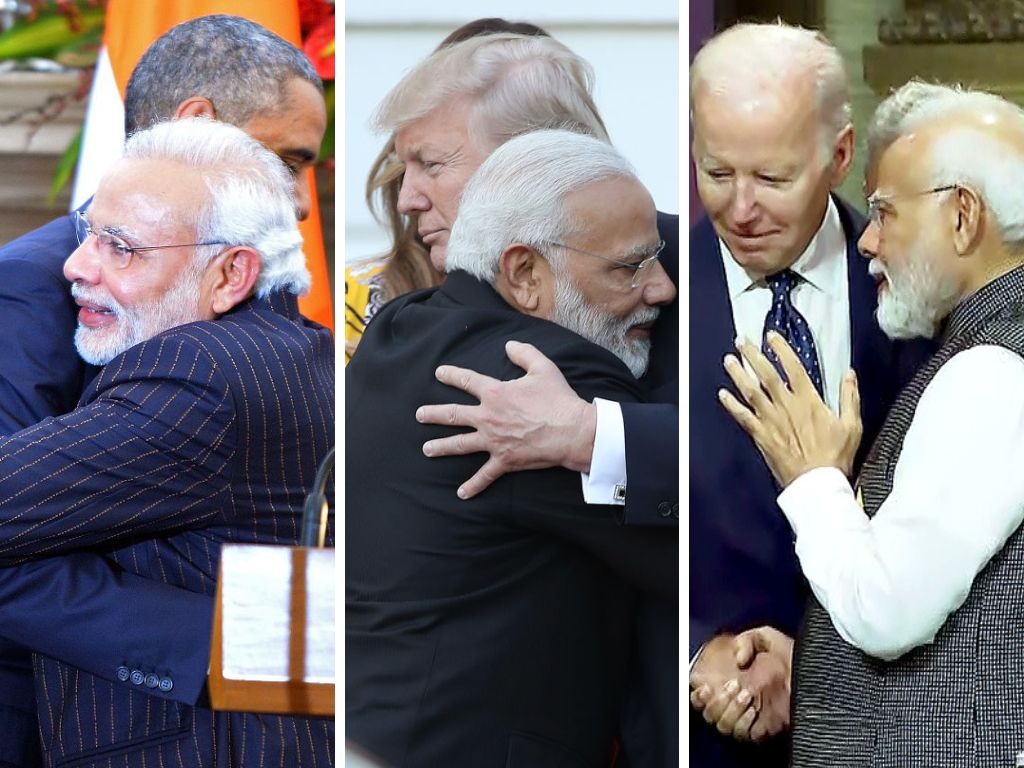
“The US-India relations are truly bipartisan, and we have seen strong relations in the last three decades across the political aisle. The fact that prime minister Modi in under a decade, has dealt with three different presidents, across both parties and different personalities, shows how the relationship is critical to solving the problems of the 21st century.”
On the role of the Indian diaspora, the Modi government has always put a special focus on the non-resident Indians and the US is no exception.
India Weekly asked Dr Aghi how key a role the diaspora have played in promoting India-US ties, and he said one of the most important pillars of the strategic partnership between the US and India has been the diaspora.
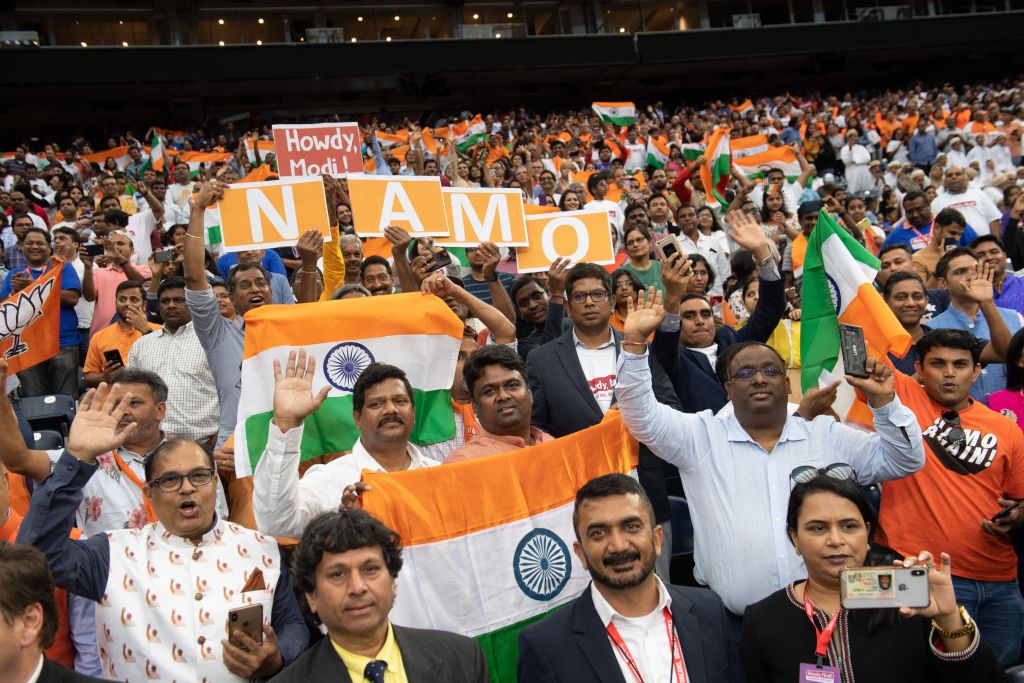
“The Samosa Caucus, with Indian-American congressman and women, have pushed the importance of US-India ties, the business community with Indian CEOs have been influential in cementing stronger commercial relations as Indian-born CEOs leading American companies understand the country in a profound and cultural manner and lastly, the diaspora across the US helps enhance the cultural affinity, as holidays like Diwali are now celebrated in mainstream fashion,” he said.
The current times have seen India maintaining a close relation with both the US and Russia, two major adversaries in world politics. Particularly in the context of the Ukraine war, New Delhi has focused on a calculated foreign policy stance whereby it has not allowed one relation to suffer at the expense of the other. Modi’s India has been found engaging both with the US and west on platforms such as G7 and Quad and countries such as Russia and China on platforms such as Shanghai Cooperation Organisation and BRICS.
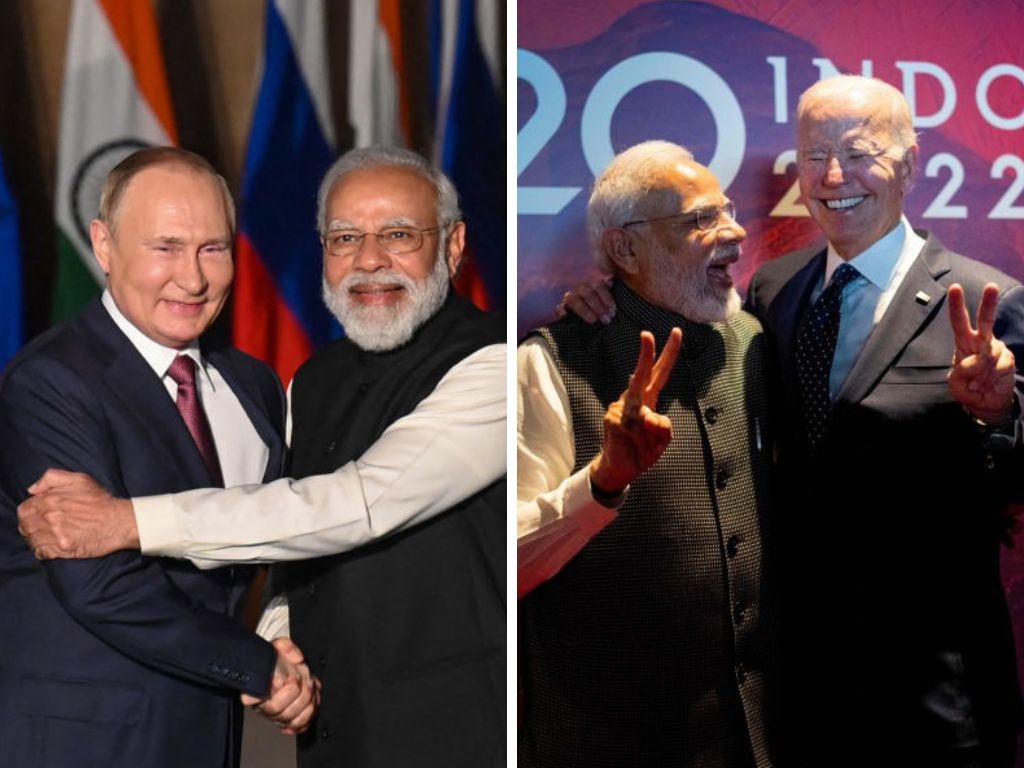
When India Weekly asked Dr Aghi how he saw New Delhi’s take on Russia when it comes to the Ukraine war and whether the Modi government served India’s national interests well by staying close to both Moscow and the West, he said, “India’s foreign policy is truly based on strategic autonomy and India’s relations with the US will not be hampered by its relations with other countries.
“The Indian government has articulated and called for an end to hostilities in Ukraine and has asked for peaceful dialogue and diplomacy to be the guiding factor. India’s relationship with Russia is more for energy and defense security, given the large dependence on energy imports and materiel to protect its borders in a hostile neighborhood. However, the defense relationship with the US is still strong and growing in the high-tech domain and the defense partnership of the 21st century.”
![]()